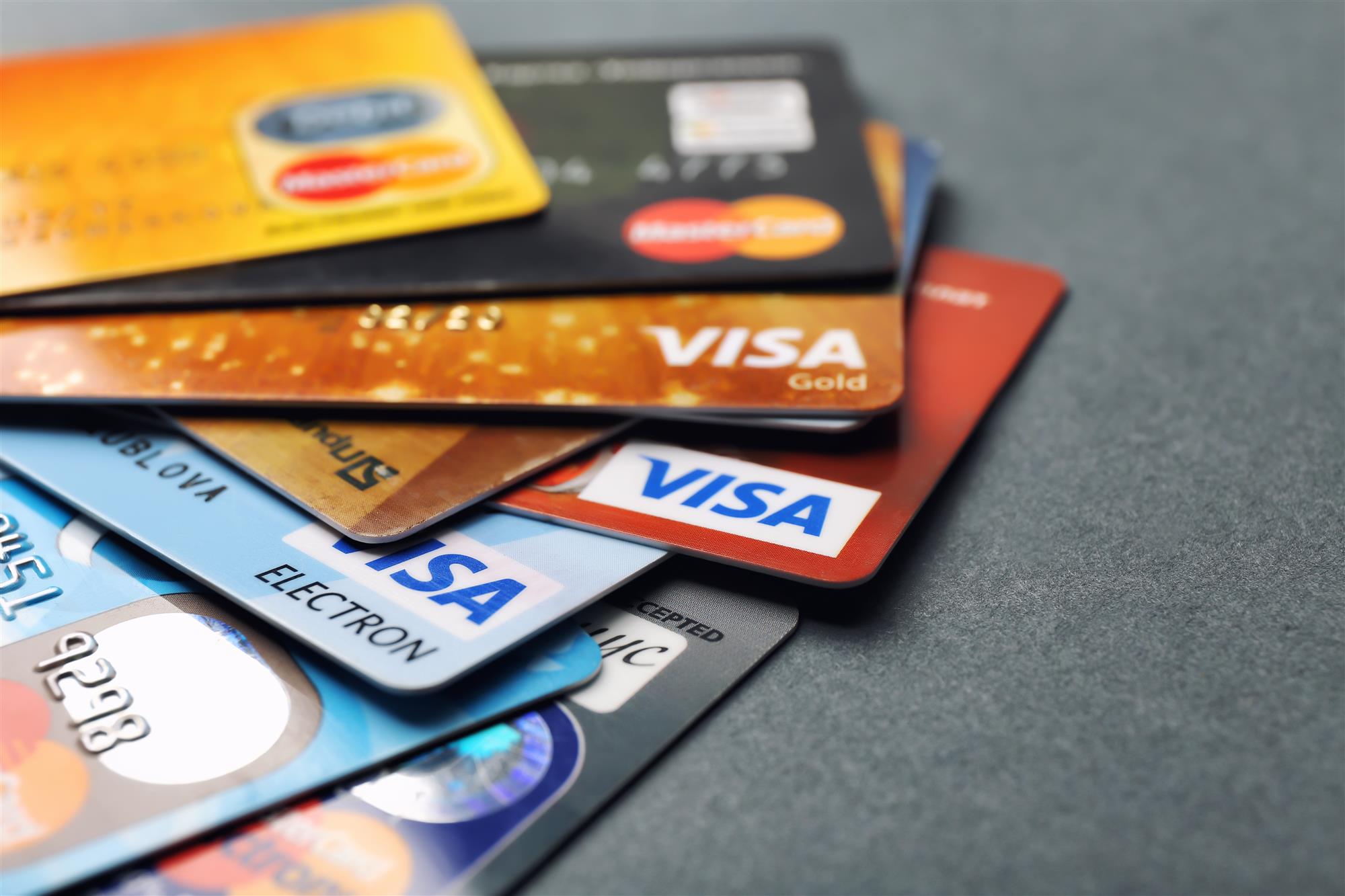Renting a bank card: what is the trap and how to avoid getting caught in a criminal scheme
17 October 22:13
Renting out a bank card or account is not just “helping a friend”: criminals use other people’s cards as a tool for money laundering, fraud, financing illegal gambling, drug trafficking, and even terrorism. The person whose name appears in the documents becomes a “money mule” and is actually an accomplice in crime, even if they did not suspect anything wrong. This was reported by the Cyberpolice on Facebook, "Komersant Ukrainian" reports.
What is “card rental” and how does the scheme work?
The criminals apply online (ads, “work at home”), in messengers or through friends and offer to “just accept and send money”, promising a reward.
The cardholder opens an account or transfers the details (sometimes even the card physically). Transactions that appear to be legitimate transfers are made through this account.
The money is then quickly cashed out, transferred to other accounts, or purchased with cryptocurrency – all to cover their tracks. The organizers themselves remain in the shadows, and the suspicion and responsibility rests with the cardholder.
Why it is dangerous: legal and actual liability
Criminal liability: Participation in financial crimes, complicity in fraud or even terrorist financing can lead to criminal articles.
Administrative/civil consequences: blocking of accounts, fines, confiscation of funds.
Social consequences: loss of access to banking services (in all banks), problems with employment, reputational losses.
Risk to life and health: in case of large sums or disclosure of the scheme, threats, blackmail, and violence are possible.
How to recognize a fraudulent offer (signs of a “mule job”)
“Work without skills” with high pay for simple transfers.
Requests to hand over a card or details, to log in to the banking application by other people.
Instructions to work through personal accounts, receive “money in the name” and “transfer it further”.
Pressure to make a quick decision, promises of “guarantees” or “black schemes” to circumvent control.
If a person has already become a “money mule” – what to do
Immediately stop operations: refuse further transfers.
Block the card and bankaccount (through a mobile application or contact center).
Notify law enforcement: contact the cyber police – 0 800 505 170 or file an online complaint through the official service (ticket.cyberpolice.gov.ua).
Preserve the evidence base: screenshots of correspondence, details, transaction data, contacts of recruiters.
Seek legal assistance: a lawyer will help you to properly file a statement and present your position to the investigation.
Cooperate with the investigation: voluntary reporting and assistance in the investigation can reduce the risk of prosecution.
Prevention – how to avoid becoming a slug
Never share your card, PIN, SMS codes, logins/passwords with anyone, even your friends.
Ignore jobs that ask you to “accept and send money”, open accounts for other people, or make transfers without explanation.
Check the legitimacy of the employer: legal address, reviews, and the existence of a contract.
Remember: high payment for simple actions is a classic marker of fraud.
Consequences for banking customers
Banks or regulators may restrict access to services or close an account.
It will be difficult to restore a “good history”: banks transfer information to databases (blacklists), which makes it difficult to obtain loans and open accounts in the future.
Why the scheme works now
Online ads, anonymous messengers, cryptocurrencies, and simplified account opening methods have created an environment in which it is easier to “mask” illegal flows. Cybercriminals are actively recruiting mules among people who need quick income or do not understand the full picture of risks.









